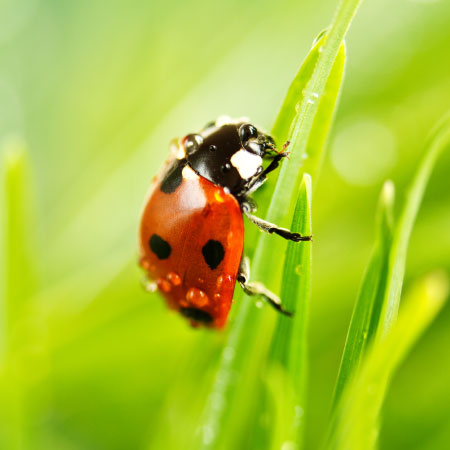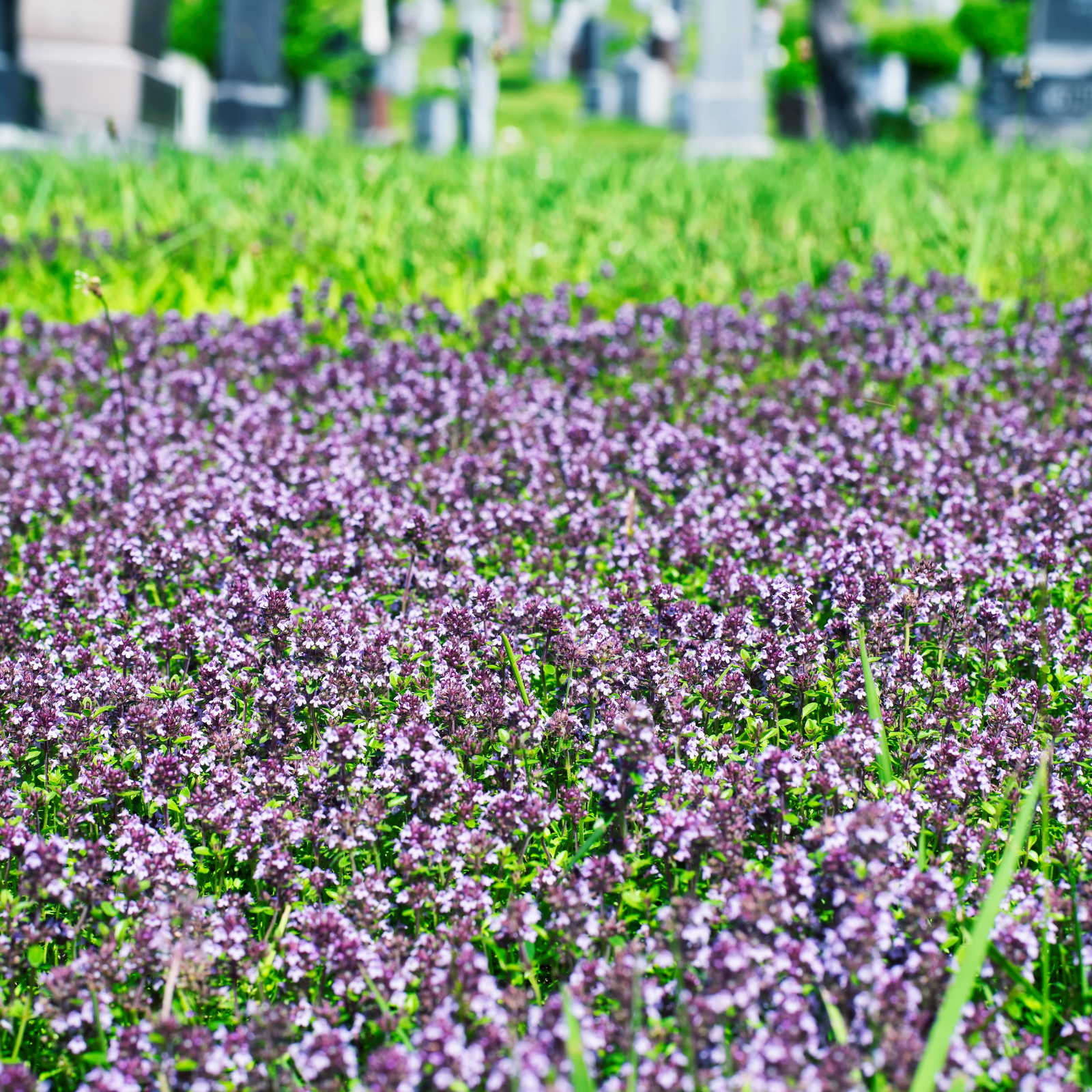Squash Mosaic Virus Info: Tips For Treating Mosaic On Squash


Gardeners are always on the lookout for problems in their plants, checking them carefully for bugs and signs of disease. When squash begin developing strange symptoms that don't appear to be caused by bacteria or fungus, squash mosaic virus may be on the loose in the garden. This virus is no joking matter and must be handled promptly.
Mosaic Virus Symptoms
Squash mosaic virus is usually apparent from the earliest leaves, since this disease is frequently seed-borne. As susceptible plants mature, symptoms can all but disappear, making diagnosis difficult, but early leaves are typically distorted or mottled. Although an older plant can appear more or less normal, mosaic disease of squash causes reduced vigor, poor branching and mottling of maturing fruits. More obvious cases of squash mosaic virus include symptoms like infected leaves that cup upward or develop irregular patterns of dark and light coloration. Squash leaves are sometimes distorted, blistered or unusually hard; the fruits of these plants develop raised, dome-shaped swellings.
Treating Mosaic on Squash
Once your plant shows signs of infection, squash mosaic control is impossible to achieve. Since the disease is often seed-borne, procuring certified, virus-free seed is vital to eliminating squash mosaic virus from your future gardens. Don't save seed from past squash plants -- there's no way to clean squash mosaic virus from infected seeds. A common vector of mosaic virus is the cucumber beetle, often found feeding on maturing squash plants. You can prevent these pests from feeding on your plants by installing row covers over transplants, as well as spraying plants with protective pesticides like carbaryl or cryolite when squash mosaic virus seems to be perennial. Once diseased plants are found in your garden, it's important that you destroy them immediately. Don't attempt to coax a few squash from infected plants -- instead, remove all leaves, fruits, fallen debris and as much of the root as possible. Burn or double bag and dispose of this material as soon as the virus is apparent, especially if other squash are growing in your garden.
Gardening tips, videos, info and more delivered right to your inbox!
Sign up for the Gardening Know How newsletter today and receive a free copy of our e-book "How to Grow Delicious Tomatoes".

Kristi Waterworth was a regular contributor to Gardening Know How for many years, answering countless queries on plant pests and diseases.
-
 Get Ready For A Summer Of Hummers! Grow These Full Sun Hummingbird Plants and Flowers
Get Ready For A Summer Of Hummers! Grow These Full Sun Hummingbird Plants and FlowersIf you’re lucky enough to enjoy a sunny backyard, make sure you are maxing out on your pollinator opportunities and grow these full sun hummingbird plants and flowers
By Tonya Barnett
-
 12 Lush Alternatives To A Lawn For Sustainable Spaces
12 Lush Alternatives To A Lawn For Sustainable SpacesAlternatives to a lawn are beautiful and also beneficial to your local ecosystem and its pollinators. Explore our top picks for plants to replace grass.
By Tonya Barnett